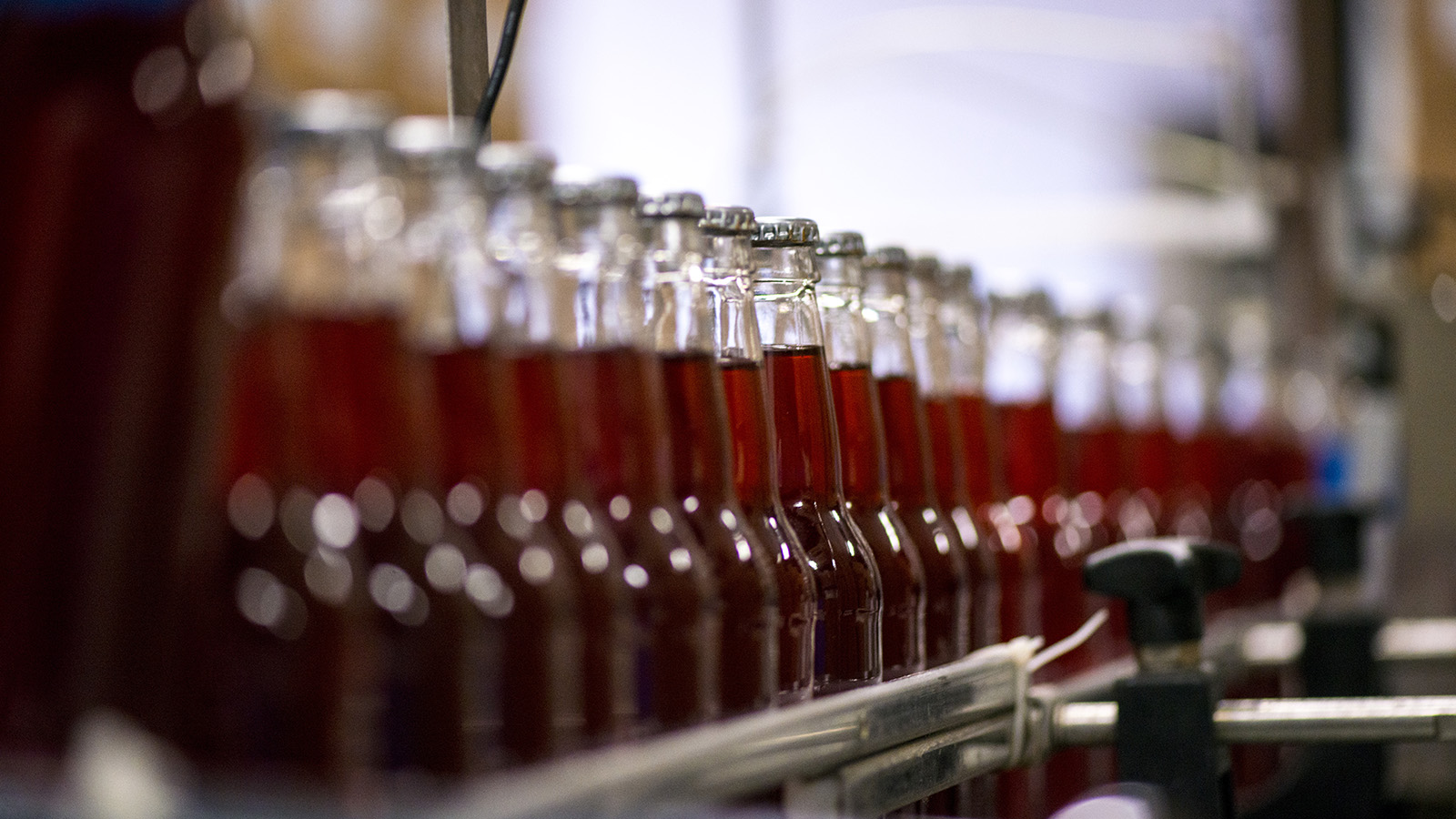
New research highlights challenge of Maine craft breweries growing authentically
Craft beer is a fast-growing industry, particularly in Maine and New England. New research shows that as the industry continues to grow, owners need to make decisions about scale and growth, which can be tough for brands whose success is built on local values.
Researchers looked at six Maine craft breweries, conducting field observations in the facilities, as well as formal and informal interviews with brewmasters, brewery owners, customers, home brewers and local bar owners that offer beer from the six locales. Depending on the subject, the interviews asked questions about the role of local patrons and their preference for local craft beer; how the breweries build relationships with the local community; the role of innovation at the breweries; and challenges to the breweries’ growth.
The researchers applied a coding process to divide the responses by socially base and economic-based values. Then, they further examined the responses and identified broader categories that indicated the breweries’ core values — as well as their conflicting values.
The results showed that there are several challenges faced by Maine’s craft breweries as they try to expand while remaining true to the values that brought them success in the first place: the tension between experimentation and mass production; between local authenticity and geographical expansion; and between independence and corporate partnership.
“The study’s findings confirms what we suspected in the brewing industry and it is nice to have verification that they focus on a balance of social and economic responsibility as guiding principles that direct decisions,” says Jason Bolton, co-author of the study and area coordinator of engineering innovation at Maine Business School.
The collaborative study, which also included Niclas Erhardt, the study’s lead author and former UMaine faculty member in the Maine Business School, and Matthew Luth, both at Valparaiso University in Indiana; and Carolos Martin-Rios at the EHL Hospitality Business School in Lausanne, Switzerland, was published in the journal Sustainability in February.
“The researchers assert that craft breweries need to pay attention to community reactions to attempted growth if they want to successfully maintain their brand and stay true to their founding core values,” says Erhardt.
For example, after years of success, Bissell Brothers Brewery opened a small-scale brewery in its hometown of Milo, miles away from the larger metropolitan area of Portland, in order to emphasize its commitment to localism. The craft brewery market is more competitive than ever, and customers increasingly expect engagement from their favorite brands.
“In addition to social and economic growth, there seems to be a constant balancing act of innovative and authentic product offerings. To assist craft breweries, it will be helpful to follow this data over the next few years as craft breweries adapt to product trends, increasing competition and local consumer demand,” Bolton says.
Contact: Sam Schipani, samantha.schipani@maine.edu
